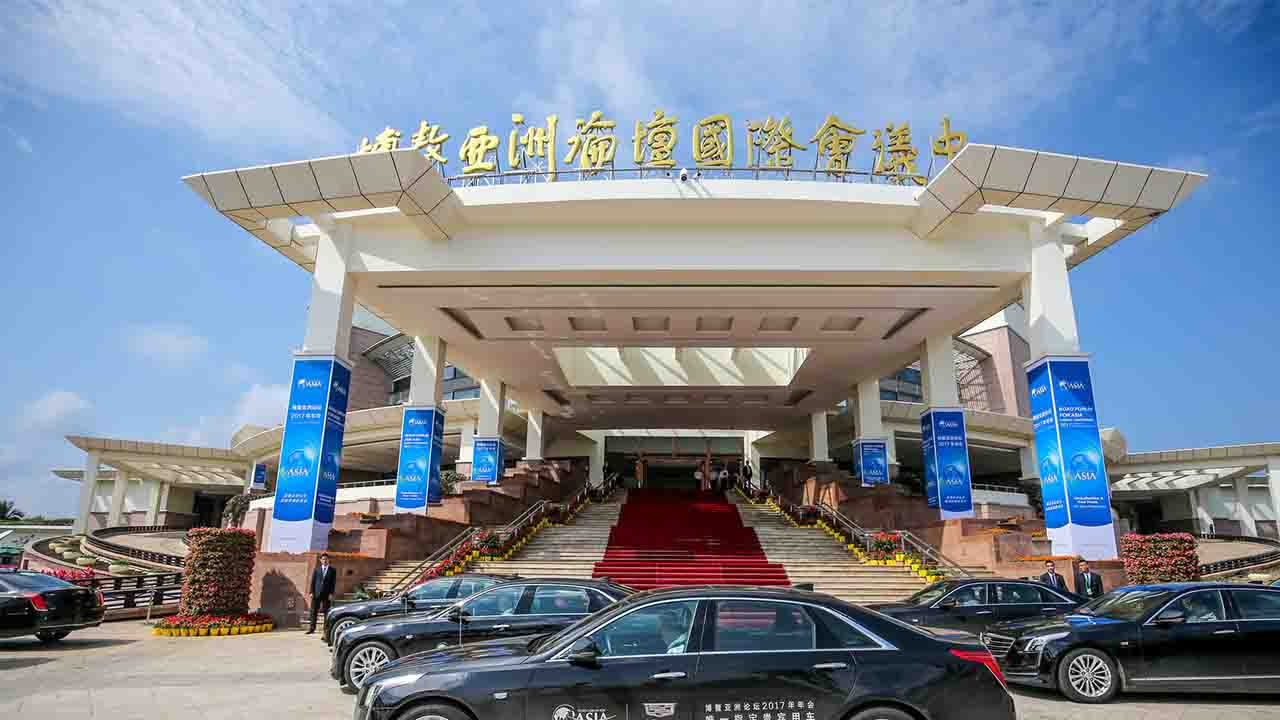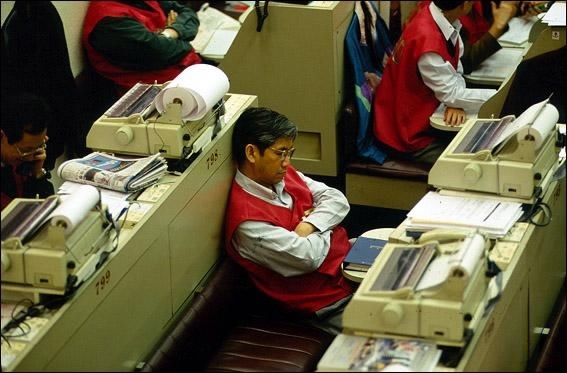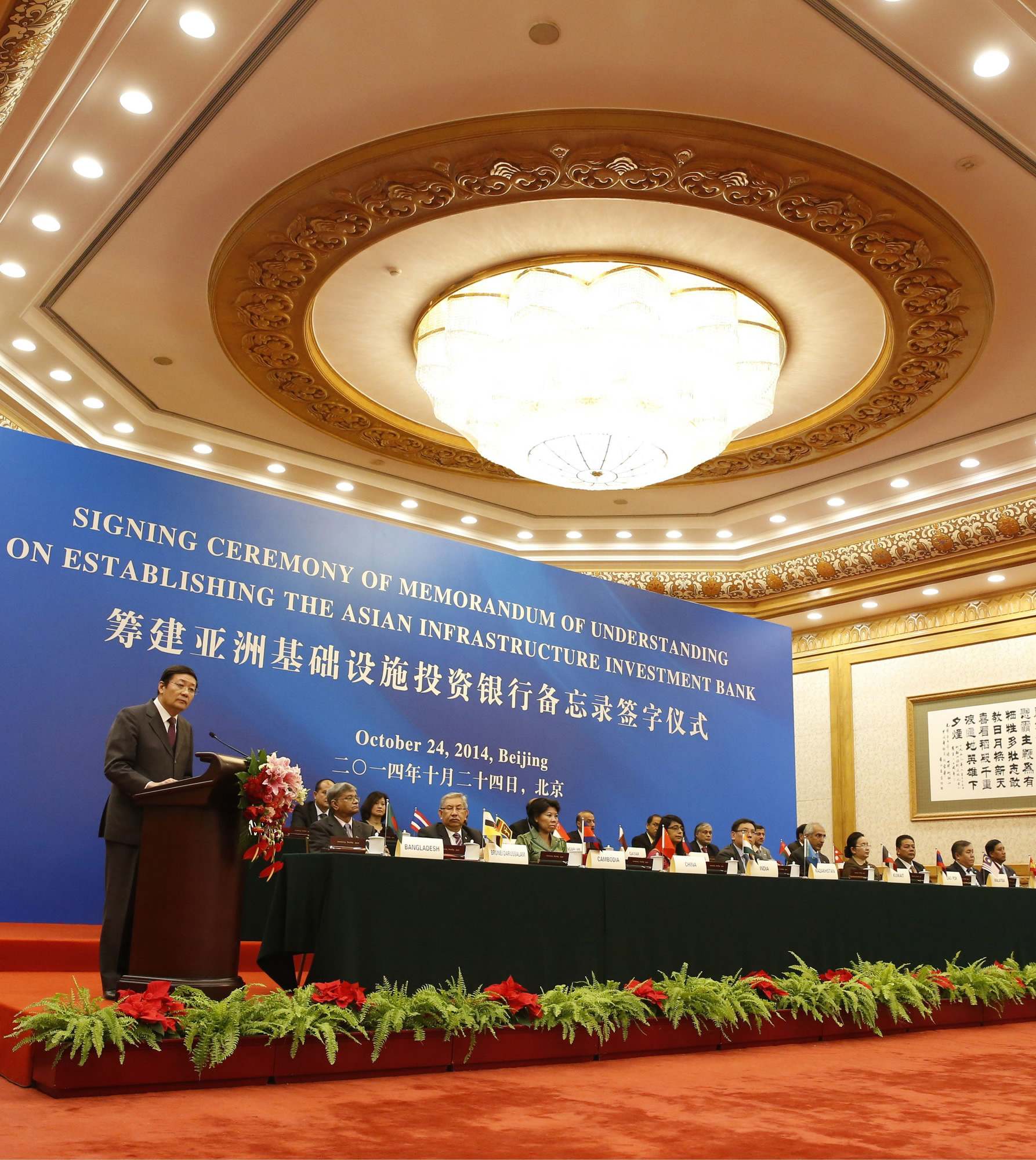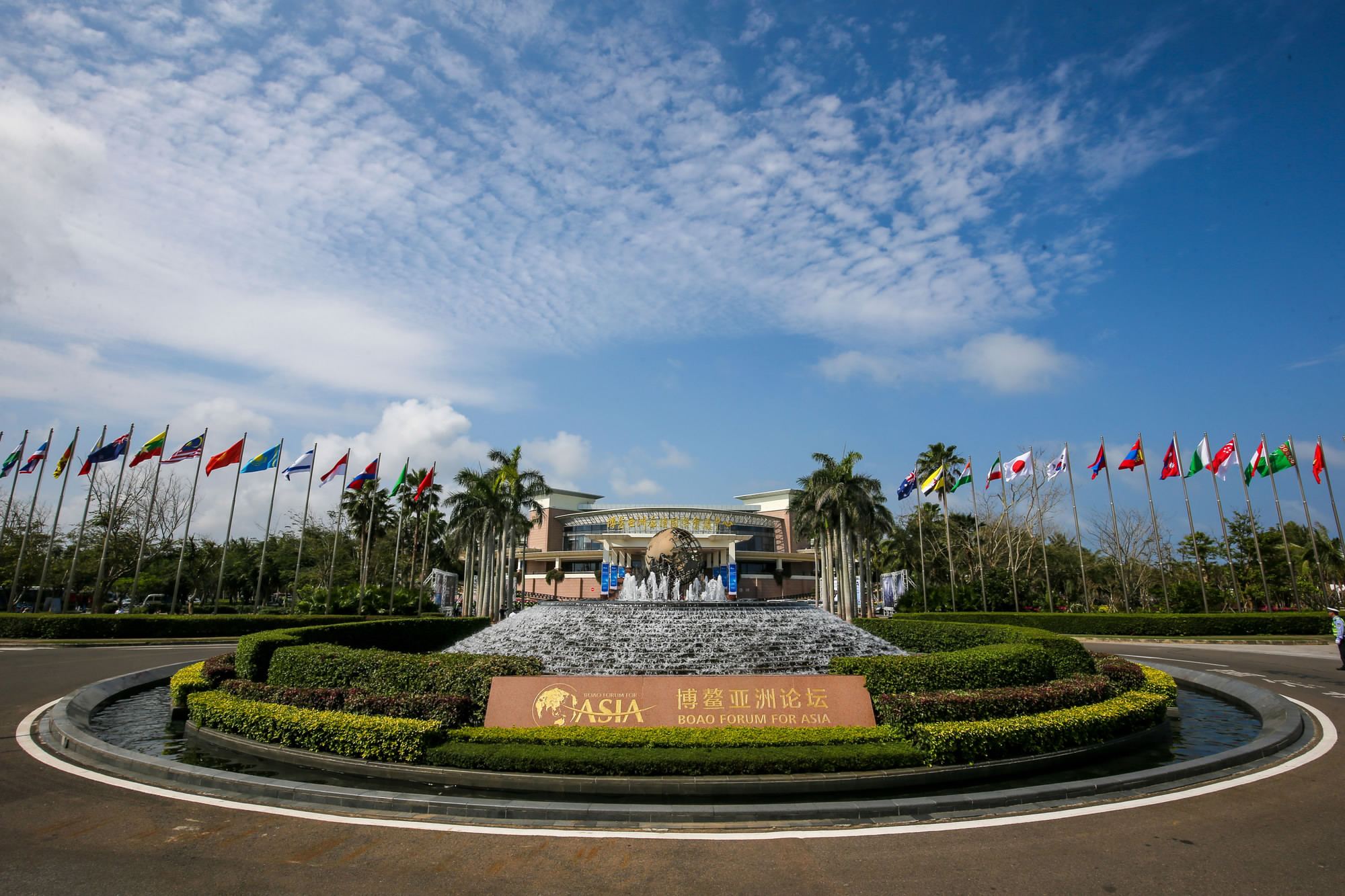
Business
15:04, 22-Mar-2017
Lessons learned from the 1997 Asian financial crisis
Updated
11:07, 28-Jun-2018

By CGTN’s Zou Yun, Cai Jingxuan, Zhang Yi
It has been almost 20 years since the outbreak of the Asian financial crisis. As bad as it was for the region, what positive changes did it bring about, and what did the various Asian economies learn from it?
Starting in Thailand with the collapse of the country’s currency, before spreading throughout the continent, the 1997 financial crisis shocked investors around the globe and triggered extensive economic unrest.
The impact was devastating, but it did force substantial changes in how the financial markets were run.

The photo shows a trader in a stock exchange during Asian financial crisis. /CFP Photo
The photo shows a trader in a stock exchange during Asian financial crisis. /CFP Photo
Asian countries are now able to withstand stronger turbulence - this has largely been attributed to adjusting exchange rates from fixed to floating, the build-up of foreign-exchange reserves, and other structural reforms.
The crisis also helped Asian countries to become more integrated through regional cooperation. But some experts believe the ongoing cooperation mechanisms aren't enough.
Lin Guijun, vice president of the University of International Business and Economics in Beijing, said progress in Asian economic cooperation in the aspects of trade, production, finance, and synchronization of fluctuation are falling back and it is important for Asian leaders to increase the sense of community and intensify their efforts for cooperation.
To help the region’s economy become more defensive, sound and dynamic, Asian countries reached a consensus to further enhance their integration. Wan Zhao, chief analyst at China Merchant Bank believes that in this process, China should play multiple roles.

Chinese Finance Minister Lou Jiwei (L) gives a speech for guests at the signing ceremony of the Asian Infrastructure Investment Bank at the Great Hall of the People in Beijing on October 24, 2014. /CFP Photo
Chinese Finance Minister Lou Jiwei (L) gives a speech for guests at the signing ceremony of the Asian Infrastructure Investment Bank at the Great Hall of the People in Beijing on October 24, 2014. /CFP Photo
“China has been acting as an initiative organizer by founding the Belt and Road Initiative and the Asian Infrastructure Investment Bank. China can also share its extensive experience in infrastructure construction. Plus, the country’s foreign exchange reserves also enable it to provide financial support to other countries."

Bo’ao Forum for Asia 2017 (BFA) will be held from March 23 to 26, 2017 in the town of Bo’ao, south China’s Hainan Province, China. /CFP Photo
Bo’ao Forum for Asia 2017 (BFA) will be held from March 23 to 26, 2017 in the town of Bo’ao, south China’s Hainan Province, China. /CFP Photo
The economic environment for Asian countries after the crisis has not eased, but their economic performance has strengthened greatly. This is because their economic fundamentals have improved, their financial stability has been enhanced, with policies becoming more flexible.
But also playing a key role is the strengthening communication and coordination among Asian countries to ensure that no country is fighting alone, the nations are working as a united community to tackle challenges, risks, ups and downs.

SITEMAP
Copyright © 2018 CGTN. Beijing ICP prepared NO.16065310-3
Copyright © 2018 CGTN. Beijing ICP prepared NO.16065310-3